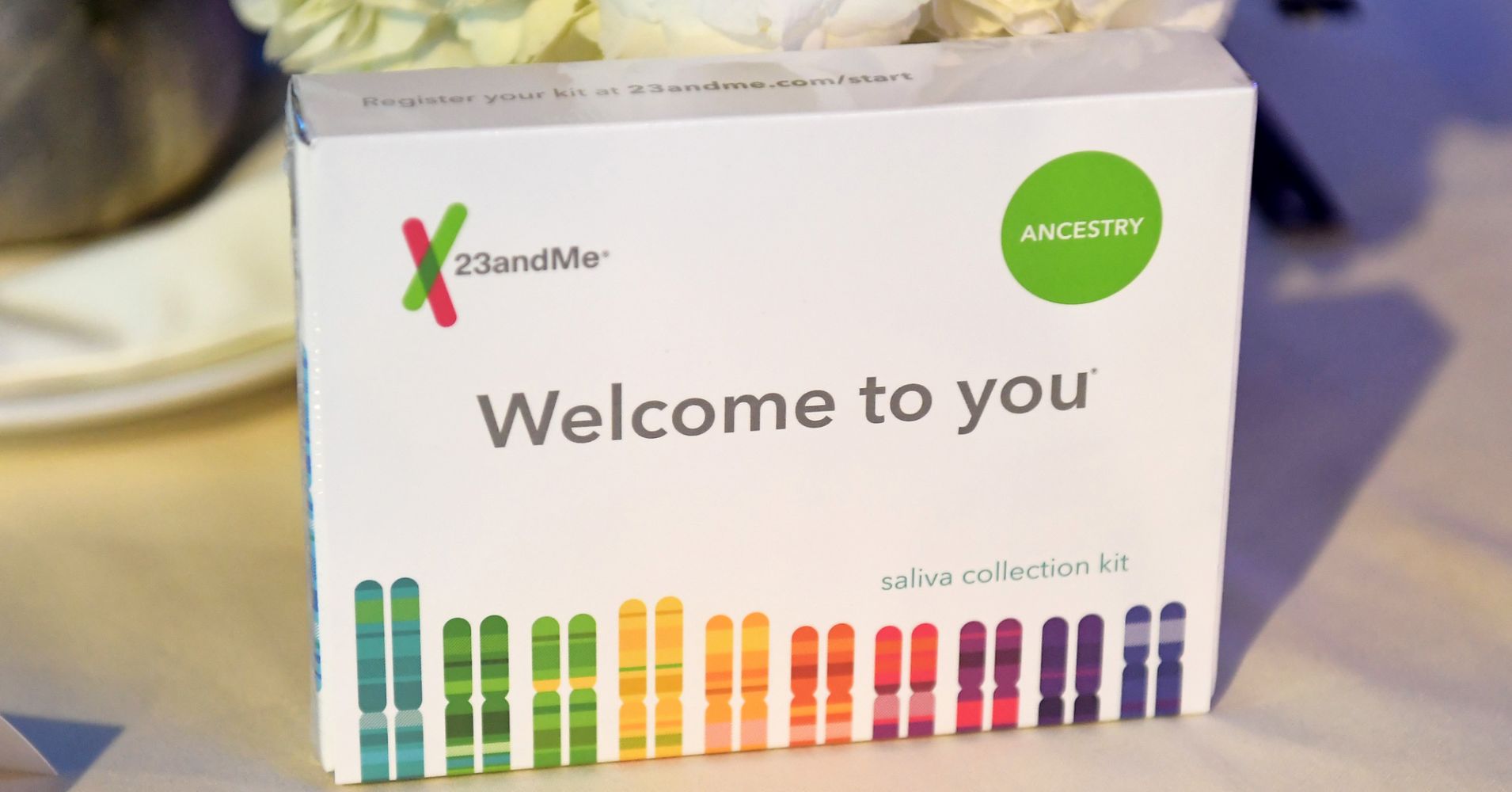More than 26 million people — more people than in all of Australia — have shared their DNA with one of the four leading ancestry and health databases, allowing researchers to extrapolate data on virtually all Americans and raising some serious privacy concerns, according to the MIT Technology Review.
See also Joe Morrissey is Virginia Democrats' newest headache - CNN
MIT Technology Review used public statements from ancestry companies, data maintained by the International Society of Genetic Genealogy, data tracked by a genealogy blogger and its own reporting to count total users. The companies don’t release numbers at the same time, so MIT picked numbers released closest to Jan. 1.
In order to calculate 2019 results, MIT Technology Review used Ancestry’s data reported Nov. 29, 2018. But that data lacks Christmas season sales, which could have added around a million people, according to the article.
Police have used DNA results from an ancestry company database to identify criminals. Most notably, in 2018, investigators cited such data when they named Joseph James DeAngelo Jr., 72, a former police officer, as the Golden State Killer, who murdered at least 12 people and raped 45 in California in the 1970s and ’80s. DeAngelo was arrested and faces murder charges.
MIT said the four biggest ancestry companies have previously promised they wouldn’t let police search their databases without a warrant. But Family Tree DNA recently changed its policy and allowed the FBI to upload DNA samples from crime scenes, according to the MIT publication.
“The unilateral change in policy — which users weren’t alerted to — is troubling because it means that our DNA, just like our posts on social media or our location data, is at the mercy of user agreements none of us have any control over or even bother to read,” the MIT publication said.
Of course, there are things you can’t unlearn. 23andMe’s privacy statement warns: “You may discover things about yourself and/or your family members that may be upsetting or cause anxiety and that you may not have the ability to control or change.”
A spokeswoman for Ancestry declined to comment for this story.
Health and Science

